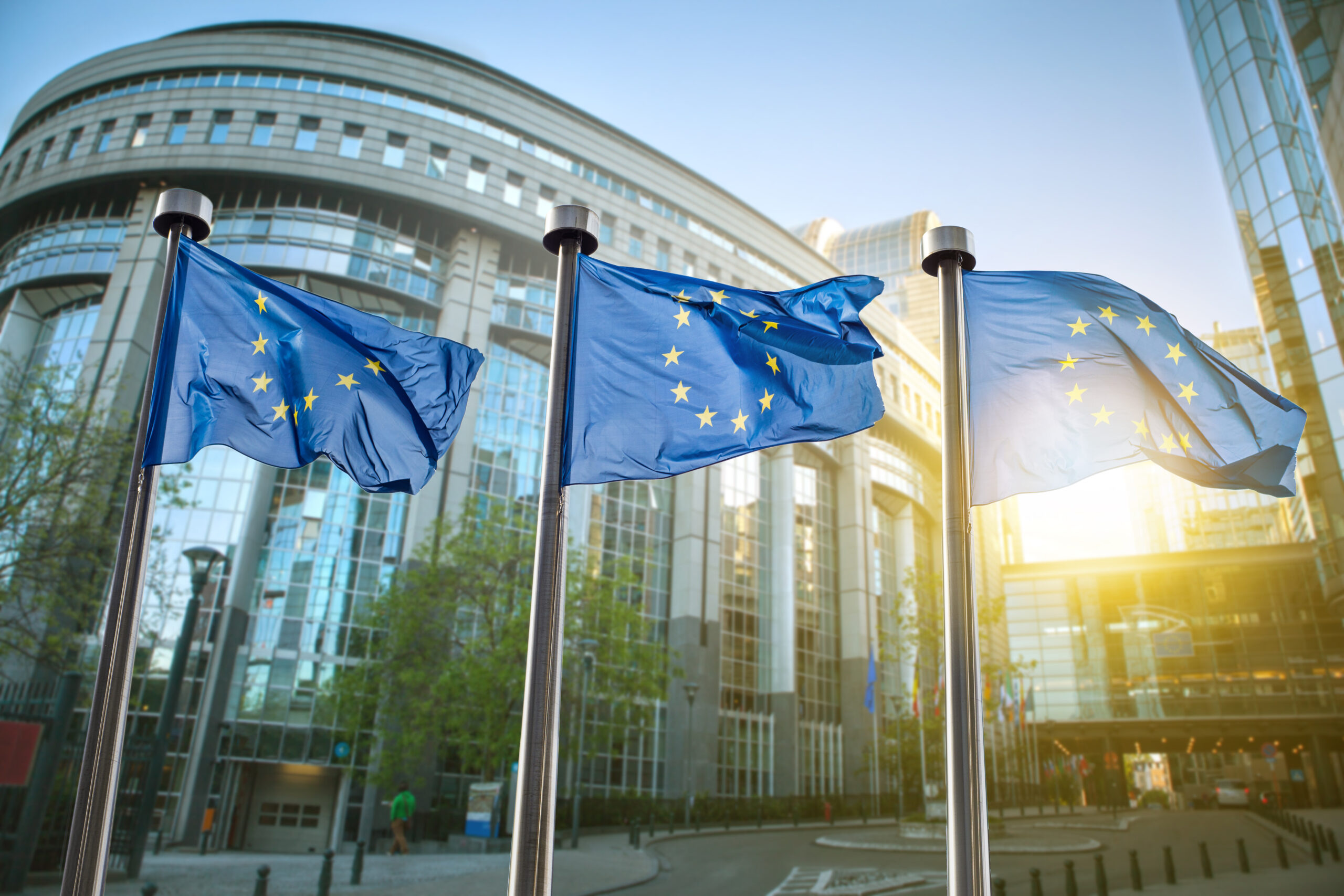For decades, ‘laissez faire’ has been at the heart of European economic doctrine. Recent global developments however, have created a monumental shift in economic thinking. Industry and technology are once again at the core of geopolitical and economic policies around the world. Now Europe is at a crossroads: what started as an economic cooperation must decide if it wants to create a unified economic policy, if it’s to remain a geopolitical powerhouse.
Although originally developed in France in the 18th century, the laissez faire-doctrine was popularized and politized in the 1980’s by English-speaking leaders like Margaret Thatcher and Ronald Reagan. They combined it with the fiscal policy of ‘trickle-down economics’: tax cuts for the wealthy that should lead to increased investments and spending and therefor to economic growth for everyone. The last idea has pretty much been disproven – the diminishing marginal propensity to consume means the impact of tax cut is smaller for the wealthy than for the poor, resulting in less spending and investment than tax cuts for people with lower incomes – but economic non-intervention remained popular. The end of the Cold War and communist planned economies, combined with rapid economic expansion in the 1990’s and until 2008, had solidified the idea that economies function best without involvement of governments.
Recent developments however have created a fundamental shift. The pandemic, conflicts over availability of resources and semiconductors, Russia’s invasion of the Ukraine, rising energy- and consumer prices, disruptions in global supply chains, a trade war between the US and China; all these issues have resulted in the realization that you can’t disconnect geopolitics from global economic policy. We rely heavily on the availability of certain resources and technologies for modern society to function, so the access to these resources and technologies has become vital. When for instance production of silane (SiH4) from silicon is only done in the US and China, there’s a risk that European producers of semiconductors, solar cells and a new generation of batteries can’t get the resources needed for production. So producing silane in Europe becomes important and supporting European industries that could produce silane becomes part of economic policies.
Until recently, the EU primarily placed responsibility for this with member states. Although policy goals were determined under European programs like Horizon Europe, national governments were responsible for most of the actual investments in technology and industry. The European Commission did create the State aid Temporary Framework that allowed for these investments by member states and provided massive funding under the Recovery And Resilience Facility (RRF) during the pandemic. But by placing responsibility for spending and investing with national governments, the EU also undermined the European level playing field; some governments were willing and able to invest in their national industries, others weren’t.
A new paradigm
The most recent proposal by the European Commission seems to create a new paradigm. In response to the American ‘Inflation Reduction Act’ (IRA), with president Biden proposing to invest $ 369 billion in sustainable industry and energy, EC-president Ursula von der Leyen proposes to create a rivaling European fund under the Green Deal Industrial Plan. This would mean that the EU takes more responsibility in not just the strategy but also the execution and financing of Europe’s industrial policy.
The plan has been met with skepticism by several European countries, who resent the idea of a transfer of powers to Brussels, specially when it comes to monetary policy. It is however the only option if Europe wants to maintain a level internal economic plying field. We already see that the State aid Temporary Framework undermines fair competition in Europe. Companies are competing for the same tenders under European competition law, while some can offer low prices based on for instance energy subsidies. The union is at risk of a race to the bottom, where European companies can use public funding to compete with each other, rather than offering a unified European answer to interventionist policies in the US and China. A unified European economic and industrial policy, not just on paper but in execution, is necessary to protect the position of Europe and its member states on the geopolitical stage. If Europe is to be a global powerhouse, a unified economic and industrial policy is a bare necessity.





